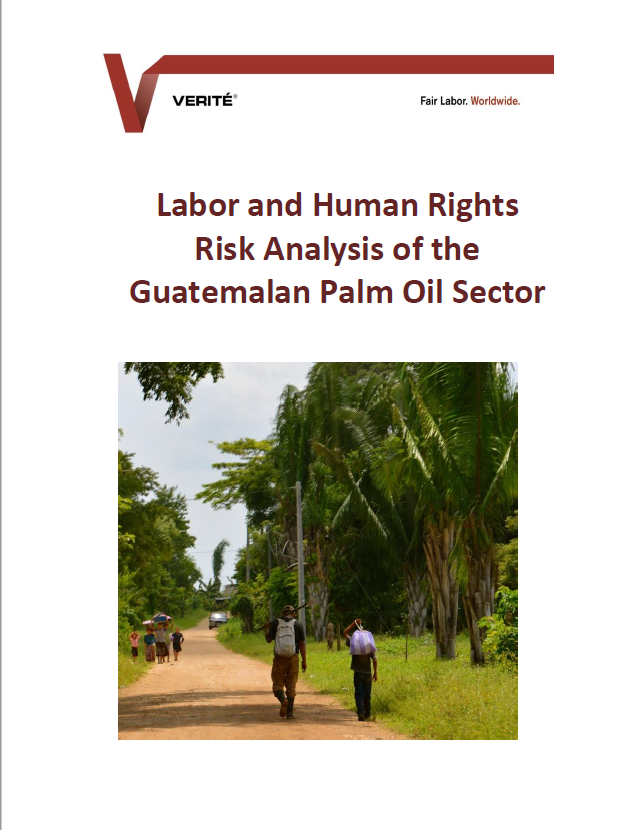Antislavery in Domestic Legislation Country Reports
Standards & Codes of ConductGood PracticesLegislationPublicationsResearch and analysis conducted by Katarina Schwarz (University of Nottingham) and Jean Allain (Monash University). To assess the extent to which slavery and related forms of human exploitation have been prohibited in domestic law, this project ...Read More

